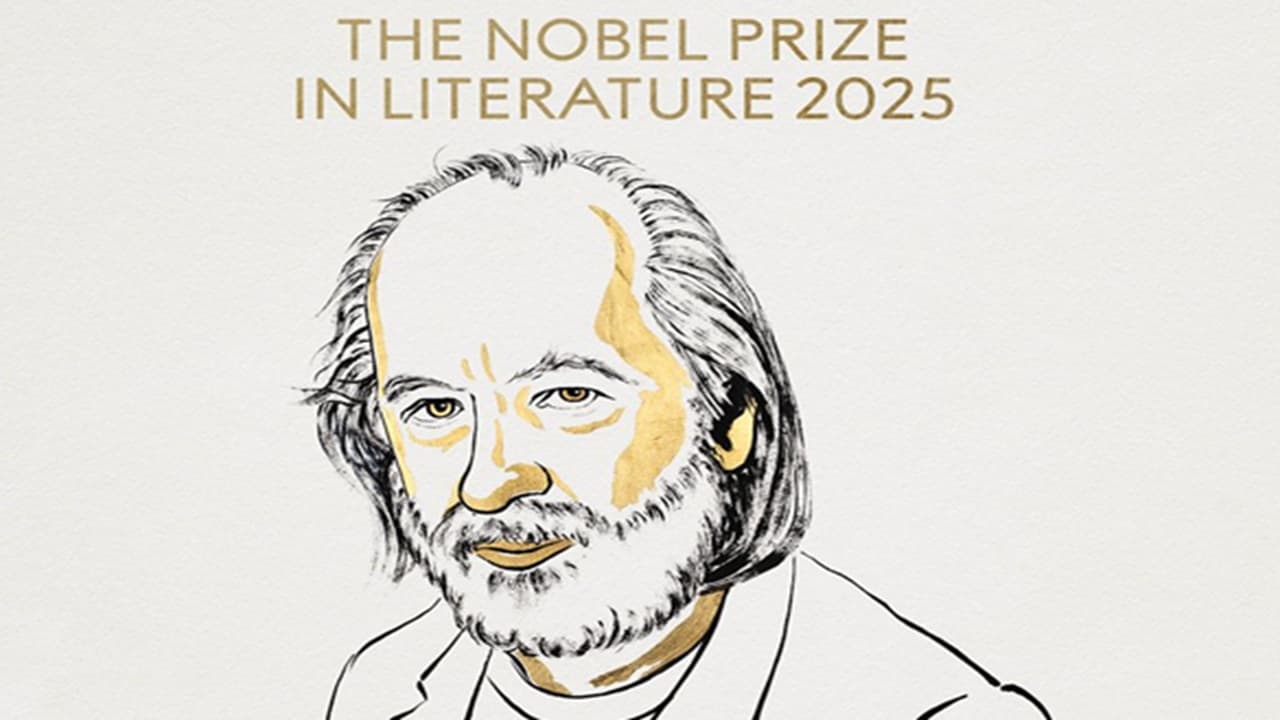Hungarian author Laszlo Krasznahorkai has been awarded the 2025 Nobel Prize in Literature for his novel Herst 07769. He is known for long, complex sentences and philosophical depth.
Nobel Prize in Literature: Hungarian writer László Krasznahorkai has been awarded the 2025 Nobel Prize in Literature. He has won this honor for his novel Herst 07769.
Who is László Krasznahorkai?
László Krasznahorkai was born in 1954 in a small town called Gyula, near Hungary’s Romanian border. He is known for his long, complex sentences and philosophical depth. His works are often compared to those of Franz Kafka and Thomas Bernhard. These contain a mixture of absurdity, bizarre imagination and spiritual introspection.
The Nobel Committee has described Krasznahorkai as “a great epic writer of the Central European tradition”. It has been said that his works span from Kafka to Thomas Bernhard and are full of absurdism and grotesque excess.
Scroll to load tweet…
His 2025 award-winning novel Herst 07769 has been called “a great contemporary German novel” for its accurate depiction of a small Thuringian town engulfed by social chaos, violence, and arson.
Based on the cultural legacy of Johann Sebastian Bach, this novel explores how terror and beauty coexist in the human experience. According to the Nobel citation, Herst 07769, written in Krasznahorkai’s characteristic seamless prose style, depicts an “improbable blending of violence and beauty.”
Krasznahorkai first gained fame in 1985
Krasznahorkai first gained international fame in 1985 with his debut work “Stuntango”. It gave a sad but poetic depiction of life in a crumbling Hungarian village.
Also read- Nobel Prize 2025: What is the molecule room design, due to which three scientists got the Nobel Prize for Chemistry?
Throughout his decades-long career, Krasznahorkai has also drawn inspiration from East Asian philosophies and landscapes. His writings include reflective themes of impermanence, beauty and creation. His 2003 novel ‘A Mountain to the North, a Lake to the South, Paths to the West, a River to the East’ unfolds near Kyoto as a poetic meditation on spiritual quest.
Also read- Nobel Prize in Physics: John Clark, Michel Devoret, John Martinis received the award, know what work they did
